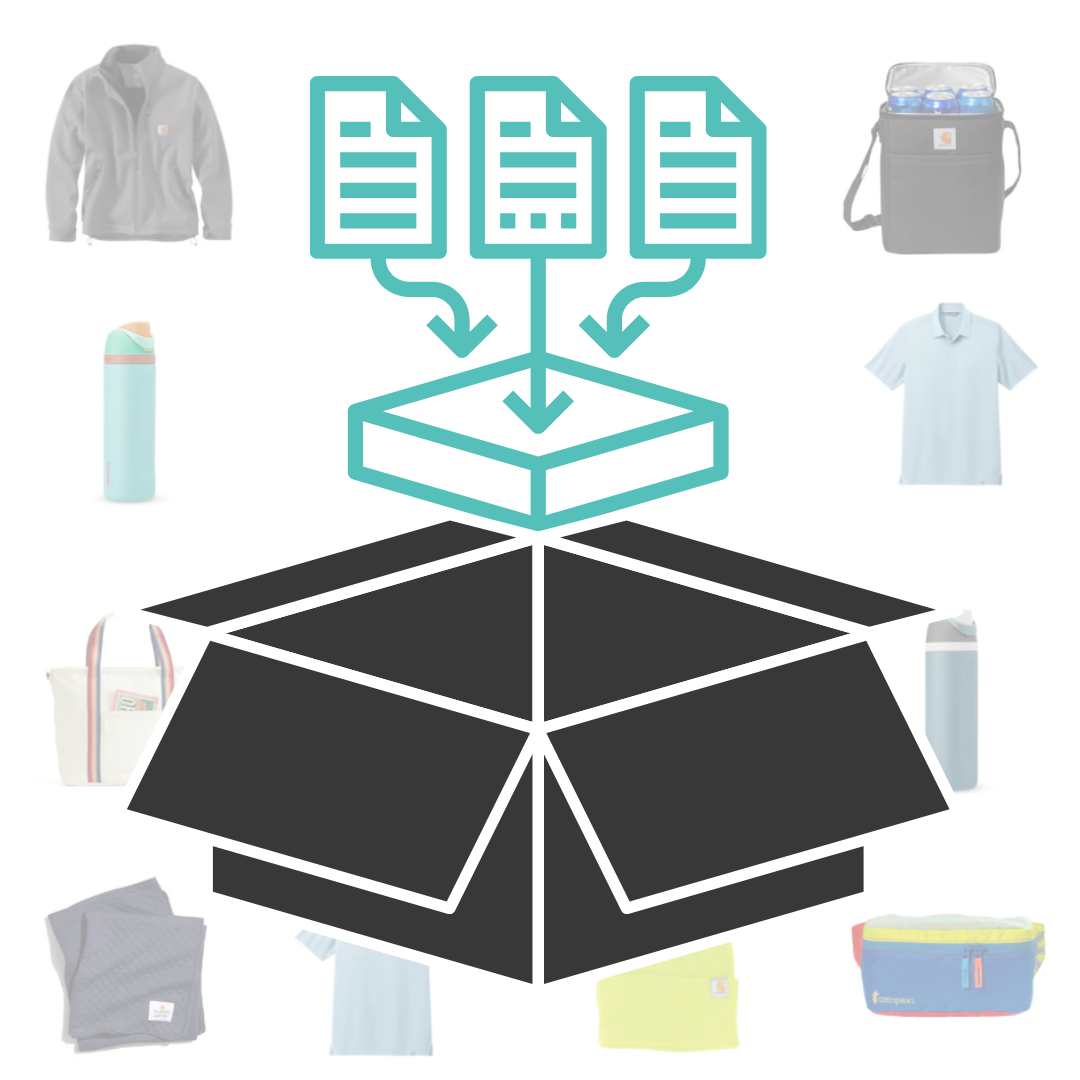These days, simply delivering a product or service is not enough. Organizations that seek long-term success require more than transactional relationships; they need partners who are invested in their growth and evolution. In this blog post, we'll explore a crucial distinction that often goes overlooked but can make all the difference to your business's success: the difference between a vendor and a partner.
At first glance, "vendor" and "partner" may seem interchangeable. However, the mindset and approach behind these roles are worlds apart. This subtle but essential distinction affects everything from the level of service you receive to the long-term value a relationship brings to your organization.
Understanding this difference will empower you to make smarter, more strategic decisions about who you choose to work with as you evaluate your business relationships.
What is a Vendor?
A vendor is defined by its transactional nature. Vendors provide a product or service in exchange for payment, and the relationship ends once the transaction is complete. This straightforward, no-frills approach is suitable for specific tasks or short-term needs. However, because a vendor's role is limited to fulfilling the precise requirements outlined by the client, they often operate within a fixed, narrow scope of work.
Vendors don't tend to engage deeply with your business's broader context. They are there to execute tasks efficiently and quickly—nothing more, nothing less. This "one-and-done" mentality can work well when looking for someone to solve a highly specific, one-time problem. However, when your needs go beyond the immediate task, a vendor's narrow focus can become a limitation.
In a vendor relationship, the onus is on you to bring the problem to them. Vendors are generally reactive, responding only when you make a request. They don't look ahead or take the initiative to help you plan for future needs. And, while they may be experts in their field, their involvement ends as soon as the task is complete, with little thought given to your company's long-term goals or evolving needs.
What is a Partner?
A partner, on the other hand, operates under a fundamentally different set of principles. The relationship is not based on transactions but on collaboration, mutual investment, and shared success. Partners are deeply committed to understanding your business's broader vision and goals. Instead of focusing solely on the here and now, they help you navigate the complexities of your industry, offering guidance that positions your business for both short-term wins and long-term success.
In a partnership, the provider becomes a strategic ally. They don't wait for you to come to them with a problem; instead, they take a proactive approach, identifying opportunities for growth, recommending innovative solutions, and anticipating your future needs. This forward-thinking mindset makes them more than a service provider—they become an extension of your team, helping you stay ahead of market trends and shifts.
The Key Differences Between a Vendor and a Partner
Let's dive a little deeper into some of the specific differences between vendors and partners to illustrate why this distinction matters.
1. Engagement Depth and Understanding of Your Business
Vendors work at a surface level, fulfilling specific requests without diving into your business's long-term strategy or goals. The immediate task at hand narrowly defines their scope, and they rarely consider how their work fits into the larger picture.
Partners, on the other hand, are invested in understanding your business inside and out. They ask the important questions: What are your long-term goals? What challenges are you facing? How can we help you overcome these barriers? A partner tailors their approach to align with your company's unique objectives, ensuring that every solution supports your current and future needs.</span></li>
2. Proactive vs. Reactive Approach
Vendors are primarily reactive. They wait for you to come to them with a specific request and then respond to that request in a limited capacity. This transactional approach often misses out on opportunities for innovation or improvement because the vendor is focused on fulfilling only what you've asked them.
Partners are proactive. They don't just wait for you to tell them what you need. Instead, they actively look for ways to improve your business, offering insights, recommendations, and strategies that go beyond the immediate task. A partner continually evaluates how they can add value through increased efficiency, new technology, or improved processes.
3. Short-Term vs. Long-Term Focus
Vendors are concerned with completing the task at hand and moving on to the next one. Once the transaction is complete, their involvement ends until you need their services again.
Partners focus on building a long-term relationship. They understand that your needs will evolve and adapt their services to meet those changing requirements. Their goal is to grow alongside your business, continually providing value that helps you stay competitive in the long run.
4. Flexibility and Adaptability
Vendors typically operate within a fixed scope, which can be limiting if your needs change mid-project. Any adjustment to the original plan can lead to re-negotiations, additional costs, or delays.
Partners are inherently more flexible and adaptable. They understand that business needs are constantly evolving and are ready to pivot when necessary. A partner's focus is on delivering solutions that remain relevant as your business grows and changes.
5. Shared Ownership of Success
Vendors are responsible for delivering what's outlined in the contract, and if something doesn't go as planned, the responsibility for fixing it falls primarily on you as the client.
Partners shared ownership of your success. They are deeply invested in achieving the outcomes you've defined, and if challenges arise, they work with you to resolve them. Your success is their success, and this collaborative approach ensures that they are always looking for ways to improve and optimize.
6. Innovation and Continuous Improvement
Vendors deliver what's been requested, sticking to what they know and executing the project based on predefined specifications.
Partners are always looking for ways to help you innovate. They don't just fulfill your immediate needs; they bring new ideas, insights, and strategies to the table, helping you stay ahead of the curve. A partner always evaluates how they can improve their services to support your long-term goals better.
How Our Partnership Can Elevate Your Business
At TVP NYC, we don't see ourselves as vendors. Our philosophy is built on the belief that true success comes from collaboration, trust, and mutual investment. We take the time to understand your business on a deeper level, ensuring that we're not just meeting your immediate needs but also positioning you for future success.
We approach every relationship with a partnership mindset. This means going beyond delivering services; it means providing strategic insights, innovative solutions, and a commitment to your long-term success. We view ourselves as an extension of your team, working alongside you to overcome challenges, seize opportunities, and achieve your business objectives.
Our goal is to help you navigate an ever-changing marketplace by offering more than just services. We also provide guidance and support that ensures your business thrives. We continuously look for ways to innovate, bringing cutting-edge solutions that help you stay ahead of the competition.
If you're ready to move beyond transactional vendor relationships and explore what it means to have a true partner by your side, let's have a conversation. We're excited to help you reach new heights and achieve your long-term goals.
Ready for a True Partnership? Let's Grow Together
The difference between a vendor and a partner can profoundly impact your business. While a vendor may solve a short-term need, a partner is there for the long haul, working alongside you to ensure that your business meets today's challenges and thrives in the future. Choosing the right partner means choosing a relationship that adds continuous value, fosters innovation, and drives success.
Are you ready to take the next step and build a partnership that works for the long term? Let's start a conversation today.




